- Embrace U
- About
About Us
Explore our adolescent intensive mental health treatment program at Embrace U in Brentwood, TN.

Explore our adolescent intensive mental health treatment program at Embrace U in Brentwood, TN.


Embrace U is an Intensive Outpatient Program (IOP) designed specifically for the unique needs of adolescents age 10-18. Embrace U is founded on the same evidence-based care present in all Psychiatric Medical Care programs.
Embrace U offers scheduling for participants’ therapy, including after-school hours. It offers structured therapy, education and skills training, medication management if needed, and support from peers. All care is provided by a team of qualified, licensed professionals.
Embrace U follows the philosophy: caring for your child’s health should not mean sacrificing their ability to live their lives. With Embrace U, adolescents gain coping skills and ways to overcome the symptoms of a mental illness, like depression or anxiety. Our outpatient programs provide adolescents with a community of peers who understand their struggles. Parents find support from licensed professionals and fellow parents.
Our company is built on a culture of kindness & accountability.
The quality of being friendly, generous, and considerate.
The obligation of an individual or organization to account for its activities, accept responsibility for them and transparently disclose the results.


Kindness and accountability define Embrace U‘s culture. Part of being kind and accountable is creating a work environment that encourages patients, families, and team members to be their authentic selves and creating a safe space. Diversity, equity, and inclusion, or DEI, have always been a part of our culture. Our culture is instilled with a mindset that promotes belonging, inclusion, empathy, compassion, acceptance, and security. By cultivating and embracing the concepts of DEI, Embrace U can continue to foster and develop patients and team members who are more authentic, secure, and better able to connect with, understand, and support each other.

Child, Adolescent, & Adult Psychiatrist
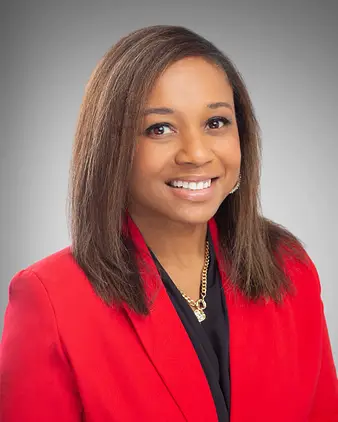
Psychiatric Mental Health Nurse Practitioner
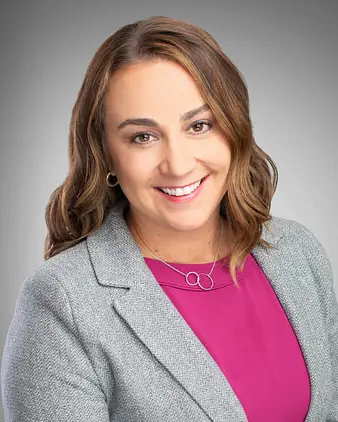
Embrace U Administrator
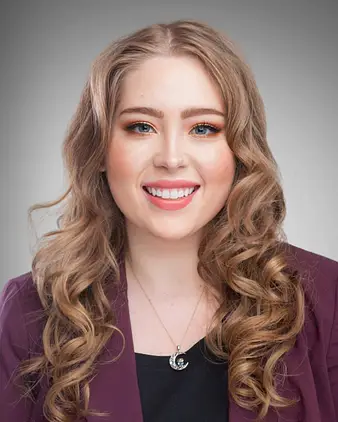
Program Therapist
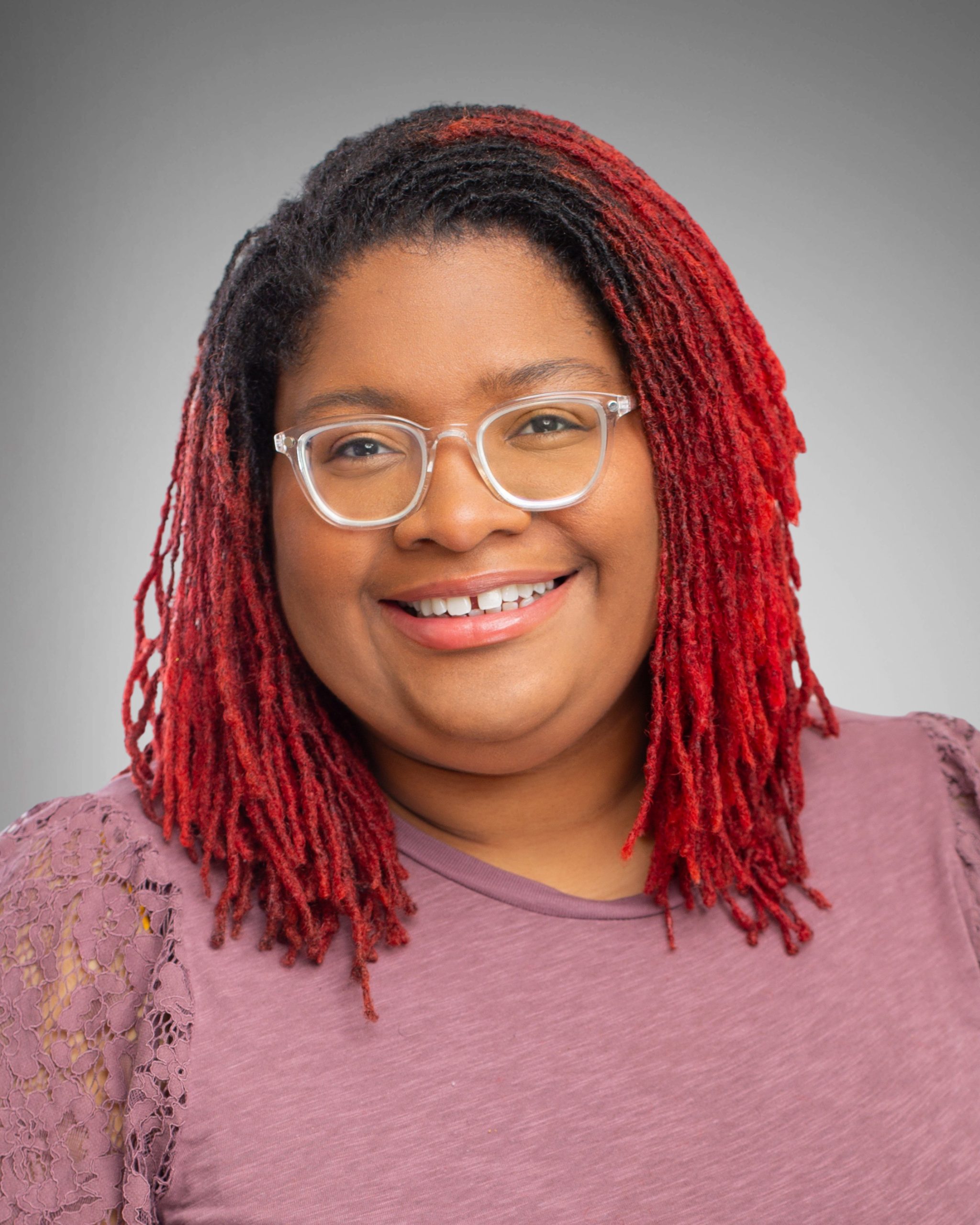
Program Therapist
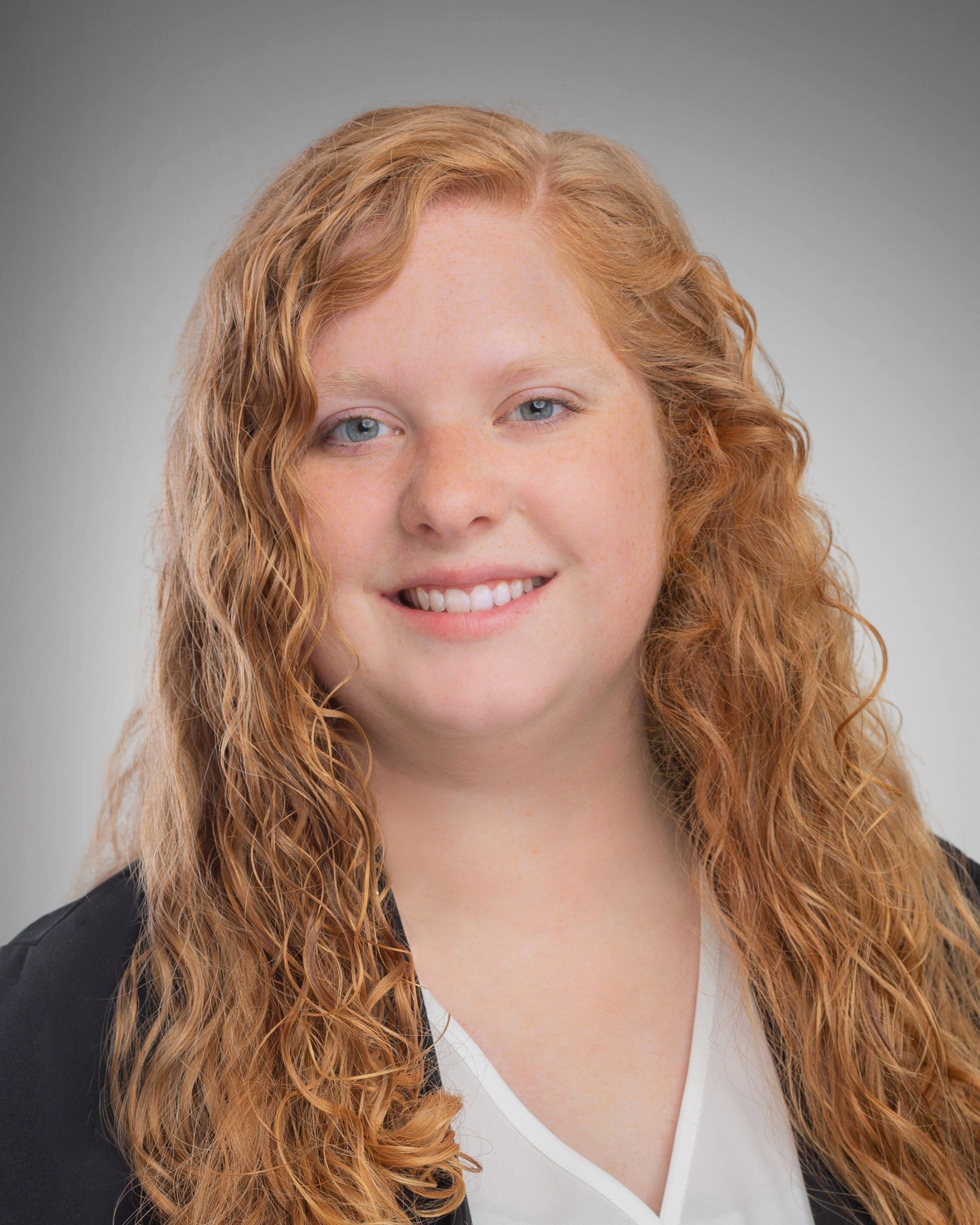
Program Therapist
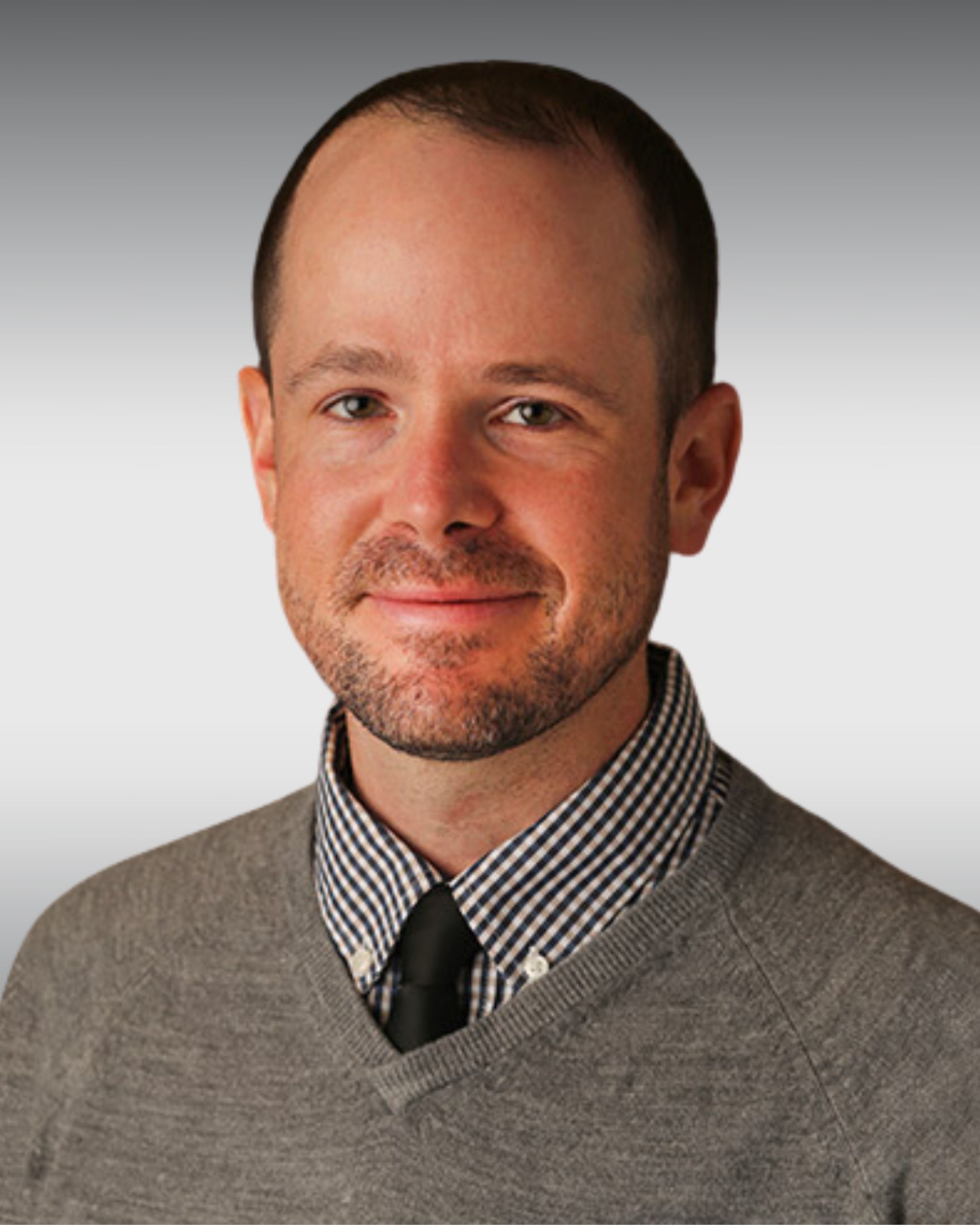
Psychiatric Mental Health Nurse Practitioner

Program Nurse
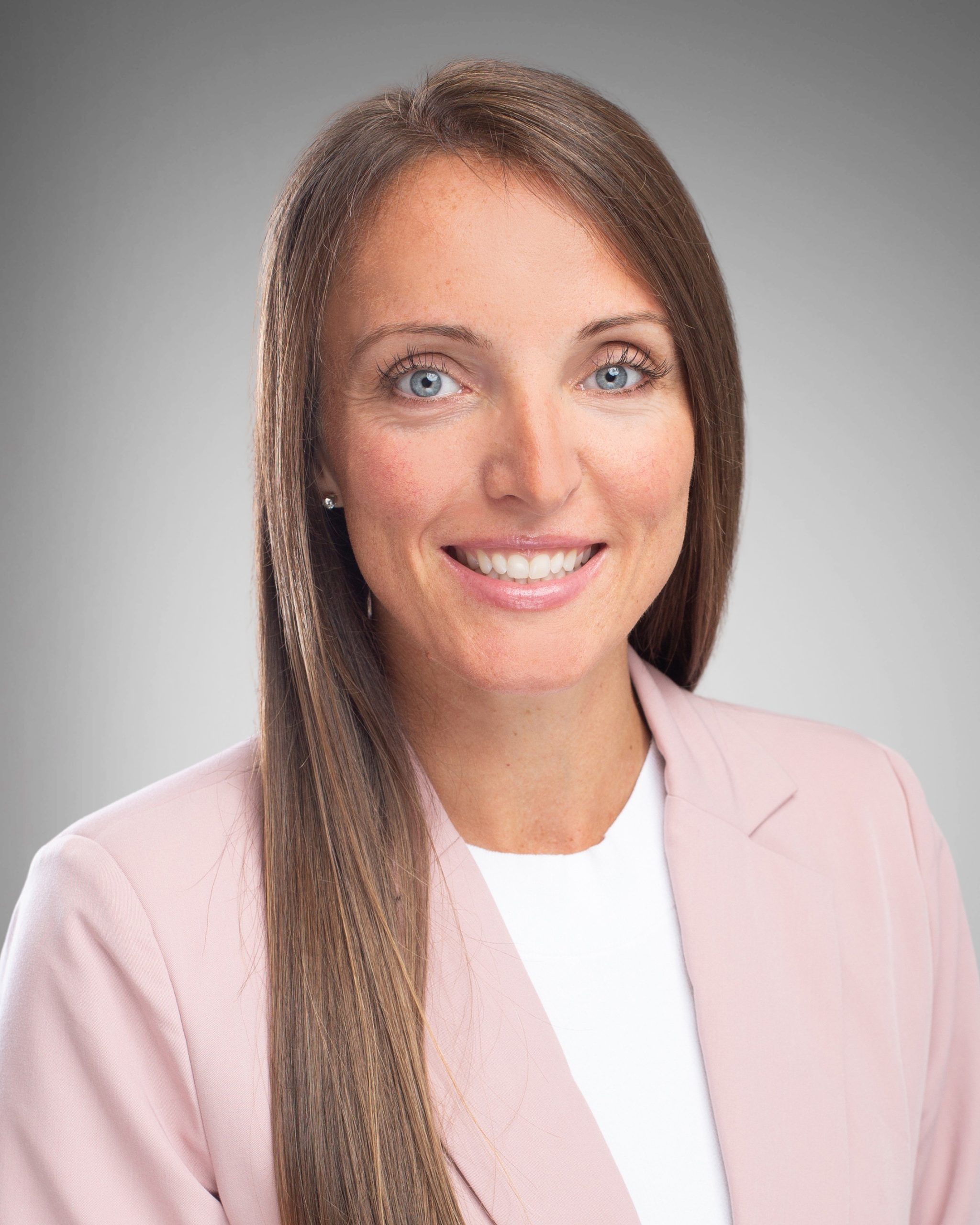
Growth & Outreach Coordinator
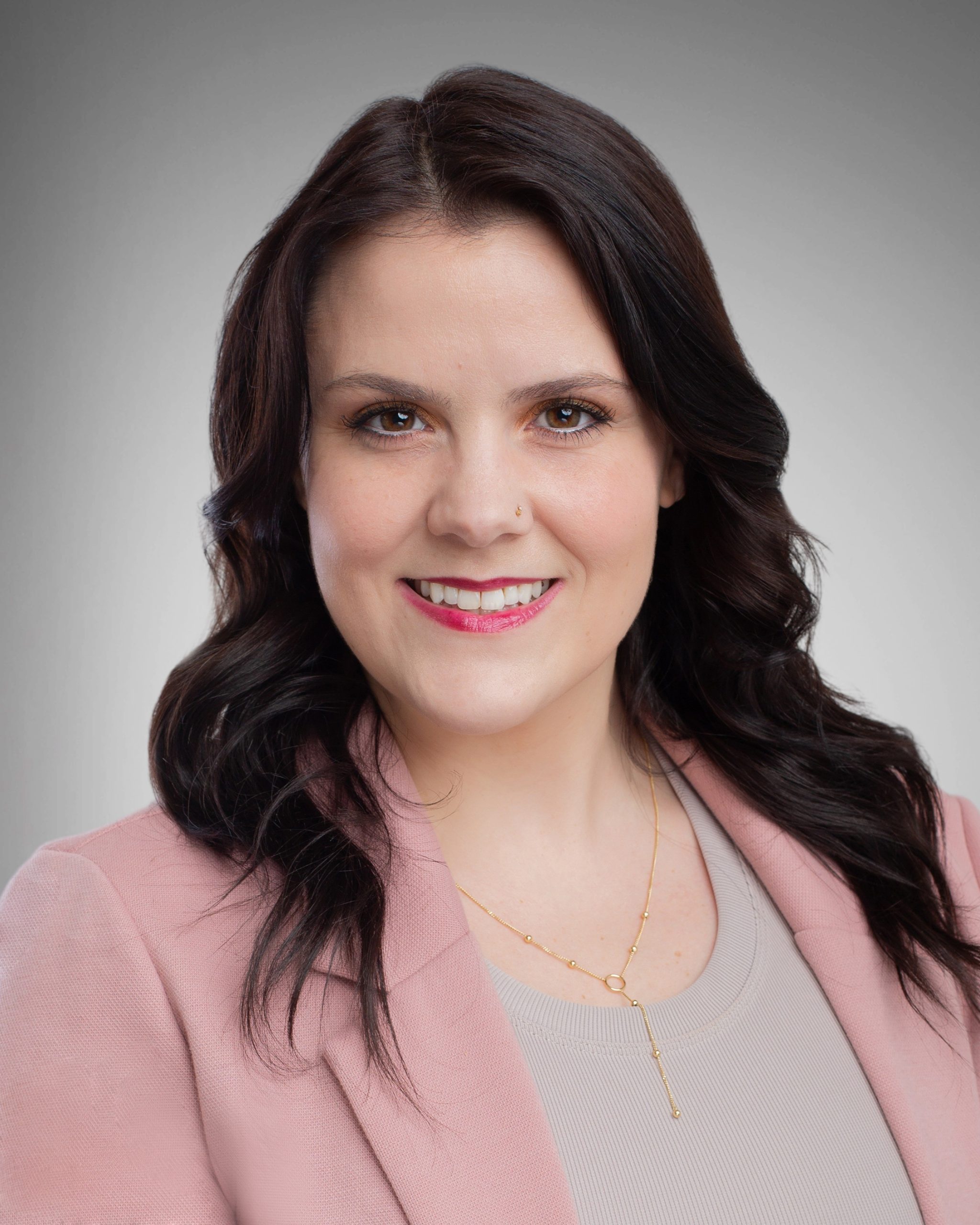
Office & Patient Coordinator
J.R. Greene, FACHE, is the Chief Executive Officer of Psychiatric Medical Care. Having already made his mark at Coca-Cola, Procter & Gamble, and Revlon., J.R became Chief Executive Officer of Psychiatric Medical Care (PMC) in 2009.
In 2022 Mr. Greene, Franklin, Tennessee native, and father of two, became moved by the need for adolescent and teen mental health care in middle Tennessee. When his children started middle school, he heard the outcry for patient-centered and family-focused mental health care.
Seeing the success of Psychiatric Medical Care’s evidence-based IOPs (Intensive Outpatient Psychiatry programs) already implemented for older adults across the country, Mr. Greene, witnessing a significant need for mental health care for children and adolescents in Middle Tennessee, began to explore the concept of opening an IOP program for adolescents in his home State. Conferring with PMC’s clinical leadership team, including his father and founder of PMC, Dr. James Allen Greene, MD, DLFAPA, FACP, a plan to bring this level of care to Tennessee was finalized, and Embrace U was born.
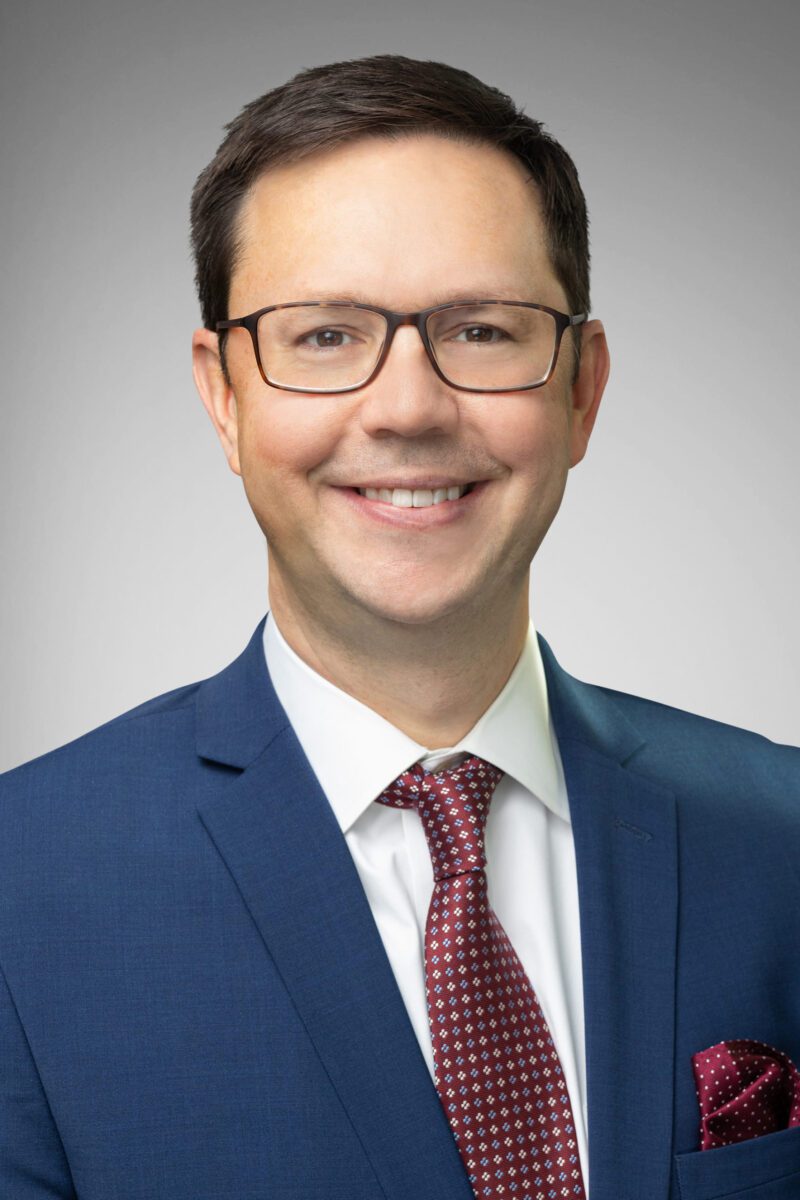
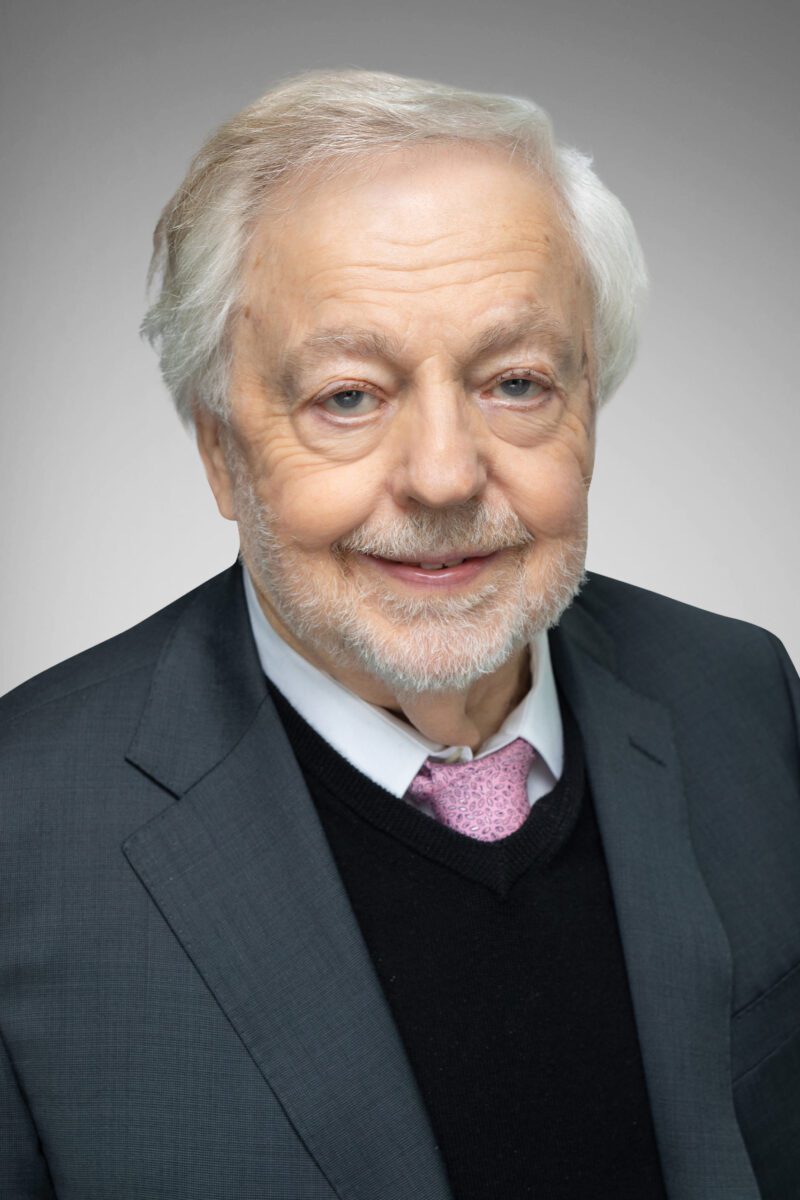
Dr. Greene, a native of rural Sneedville, Tennessee, is a distinguished psychiatrist who founded Psychiatric Medical Care, one of the nation’s largest behavioral health management companies, in 2003. Dr. Greene has been instrumental in creating the basis of care for Embrace U along with many other leading mental health professionals.
Dr. Greene’s impressive background included the following accolades:
Anne Austin Fottrell, M.D. specializes in child and adolescent psychiatry. She’s been in private practice in the Nashville area since 1993, after completing a residency and fellowship in psychiatry at Vanderbilt University Medical Center. Dr. Fottrell currently serves as the clinical director of psychiatry at Mercy Community Healthcare, and medical director at Bella Jace Center for Health.
She completed her undergraduate degree at Middle Tennessee State University and attended medical school at the University of Tennessee College of Medicine. Dr. Fottrell has held a variety of positions throughout her career, including roles as an assistant clinical professor at Vanderbilt University and Meharry Medical College. She also served as medical director for a youth sex offender program at Scarab Behavioral Health and is currently the clinical director of psychiatry at Allied Behavioral Health Solutions. She enjoys education and mentorship, having supervised several nurse practitioners in the field of psychiatry. Outside of her work, Dr. Fottrell enjoys traveling, camping, kayaking, going to church, and spending time with friends and her dogs.
Advice to My Younger Self: “Try new things and do not worry about failing. You will discover important things about yourself from the experience.”
Years of Experience: LeTizia has over 15 years of mental health experience.
Why do you like working with adolescents?
Adolescents are in a unique stage of life. They are growing from children to young adulthood. I love being one of the resources to help adolescents reach their full potential. And as a bonus, adolescents are honest and hilarious!
What is something you have learned from working with adolescents?
Adolescents remind me of a time when I was not weighed down with responsibilities. Instead, I had the freedom to dream and the audacity to believe I could do anything. Our responsibility is to help young people recognize their strengths and foster their growth and development.
Did you play any sports or participate in any activities when you were younger?
I was highly active from 10-18 years old. I was a cheerleader, color guard captain for the band, and student council representative. It was a lot of pressure to be in so many activities, and I think having a group of peers to share with would have been helpful. We could have benefitted from learning how to navigate conflict, communicate, and make better decisions.
What is one thing you wish adolescents understood about mental health?
I wish they knew that their opinions and thoughts matter. They should be an active participant in their health and treatment.
Advice to My Younger Self: “Just like our name conveys, EMBRACE YOU! Embrace your uniqueness, your strengths, and your struggles. Embrace your recovery.”
Years of Experience: Jessica has over 15 years of mental health experience.
Why do you like working with adolescents?
In my first role out of graduate school, I would say that adolescents chose me. No one else in the organization was passionate about adolescents, and as the new person, that is where I was needed. I quickly learned that I enjoyed finding creative ways to engage adolescents in learning skills. Opportunities continue to present themselves for me to continue growing my expertise in working with kids and families, and this is truly what I am meant to do. Now, as a parent, I connect with parents and enjoy guiding them when they are desperate to see their kids feel better.
What is something you have learned from working with adolescents?
Kids are resilient. The earlier we can help them learn to live more skillfully, the more likely they are to recover and live a healthy and happy life.
Did you play any sports or participate in any activities when you were younger?
I was a competitive equestrian rider and participated in theater at school. Yes, I felt tons of pressure, mostly self-imposed, as a true perfectionist. I have often wished I could have learned skills in group therapy as an adolescent to better cope with stressors and challenges.
What is one thing you wish adolescents understood about mental health?
We want treatment to be enjoyable. We do our best to create an environment that you look forward to being in each day. Most of the time, adolescents are sad when they leave the program because of the connections and positive energy.
Advice to My Younger Self: “Stop being so hard on yourself. I am a perfectionist by nature, which as an adolescent made me feel like I could never quite measure up to the expectations I set for myself. I can never be perfect, and that is okay.”
Years of Experience: Rachel has over four years of experience in counseling and therapy.
Why do you like working with adolescents?
Adolescence can feel so overwhelming. If you experience trauma, loss, or mental health issues on top of that, it makes a challenging time of life even more difficult to manage. I believe my experience in therapy as a teenager altered my life trajectory for the better, and I want to be able to help others going through difficult times during adolescence. I think if you can instill healthy coping skills and a sense of self-worth, the world is full of bright possibilities.
What is something you have learned from working with adolescents?
Adolescents are very resilient but sometimes feel they have to fix everything in their lives by themselves. I think it is so important to fill their lives with people who care about them whether it is peers, teachers, parents, or a therapist. Having people who support us make our burdens lighter.
Did you play any sports or participate in any activities when you were younger?
I was a serious music kid. I was in choir, band, guitar, and piano. Creating music filled me with joy but came with a lot of pressure. I always wanted to have the solo in choir, write the best song, and be first-chair in band. I was happiest when I let go of the expectations of myself and just enjoyed playing music. Therapy was helpful in understanding music was about joy and self-expression and not about being perfect.
What is one thing you wish adolescents understood about mental health?
Getting help is not as scary as it may seem. Prioritizing your mental health can not only be fun, it gives you a greater capacity to experience joy.
Advice to My Younger Self: “Cultivate the relationship you have with yourself and remember that YOU are the author of your story. Your tough experiences do not define you!”
Years of Experience: Whitney has over four years of mental health experience.
Why do you like working with adolescents?
So many monumental experiences happen when you are a teen. I was fortunate to have a great support system around me during such important years, so I know what an incredible difference it makes. I am so excited to be a part of a program that helps adolescents learn skills to successfully navigate what they are encountering while providing them with a safe place to process their emotions and thoughts to understand themselves on a deeper level.
What is something you have learned from working with adolescents?
Adolescents are highly resilient and creative with ways to take care of themselves through hard experiences!
Did you play any sports or participate in any activities when you were younger?
In middle and high school, I was highly active! I was a cheerleader, was on the tennis team, and participated in my school chorus. With so much going on, it kept my schedule incredibly full, and with all of that on top of school responsibilities, I put a lot of pressure on myself to be a high achiever. I know during that time, I would have benefitted from learning that while all those different activities were important, my worth was not defined by my achievements.
What is one thing you wish adolescents understood about mental health?
It is an act of self-love to equip yourself with resources and tools to navigate difficult things that life throws your way! There is true strength in recognizing that even when you can do it alone, you do not have to.
Advice To My Younger Self: ““There is more than one way to heal the world, but the best form of medicine is laughter and kindness; boundaries are not being mean, but the best self-care one can have; Kermit the frog was more than the love of your life, but a powerhouse of emotional intelligence one hop at a time.”
Education:
Why did you choose to work with adolescents?
I love the spirit, energy, and drive in adolescents. Helping them to find their place in the world is a special gift.
What is something you’ve learned from your work with adolescents that has been your takeaway?
Adolescents are in the most confusing yet exciting time in their lives and need supportive team members to assist in building a strong foundation towards the future. It is important to give them the best chance at winning in this course call Life while encouraging them to feel empowered in all parts of the adventure at the same time. This opportunity seems daunting to some but for me, it would be a true blessing to be one of those team members.
Did you play sports or participate in any activities when you were younger?
When I was younger, I did the following: bowling team, yearbook club, creative writing club, Girl Scouts, dance team, basketball, and radio for the local school stations back at home. I enjoyed the creative outlet to communicate with others and address uncomfortable emotions by writing them into stories.
What is one thing you wish adolescents understood about mental health?
Mental health is just as important as your physical health so be kind to yourself and others.
What are your favorite things to do outside of work?
I like to explore new places such as festivals, outdoor markets, restaurants, cities, and countries. I enjoy being a fur mama to my two fur kids. I listen to music, go to plays, reading, collecting books and blankets, and tapping into my engineering background of breaking things and putting things together.
Advice to My Younger Self: “It’s ok to speak up and voice your needs, as long as you also listen to understand. You and your voice matter too.”
Experience and Education:
Rebecca was as a Hollis Academy Therapist, working with youth in the juvenile justice system/DCS system. She also served as a program instructor at Sunnyhill and a private caregiver for a family with 5 children who have special needs.
Why did you choose to work with adolescents? They are the future, I feel that working on the future is a great investment for everyone.
What is something you’ve learned from your work with adolescents that has been your takeaway?
There is always hope, you can mold yourself into your ideal version of you no matter where you are in life.
What is one thing you wish adolescents knew about l health/treatment?
It’s work, constant hard work that happens in and outside of session/treatment, but it is worth it for the end result.
Did you participate in any activities for bs, activities, or passions when you were aged 10-18? What were they? Did you ever feel pressure/stress? Would group therapy have benefitted you/your peers?
Yes, I was involved in soccer, church, and choir while being a A-B honor roll advanced track student. I absolutely felt major stress in family dynamics, family social pressure, competition, and time management. If I had the ability to have attended group therapy as an adolescent I would have been able to gain a lot of perspective on what is important and why, as well as more positive ways to manage my stress especially in social settings. It would have helped me and my parents tremendously as I grew up and became an independent adult to have had more skills to assist me in navigating tricky social settings, as well as set myself up for more success in achieving my emotional state goals a lot faster than I did originally.
Advice To My Younger Self: “Trust your gut. You know way more than you think you do.”
Education and Experience:
Matt worked at Centerstone for 9 years and most recently at Mercy Community Healthcare for 6 years.
Why did you choose to work with adolescents?
I love the spirit, energy, and drive in adolescents. Helping them to find their place in the world is a special gift.
What is something you’ve learned from your work with adolescents that has been your takeaway?
That accepting people for who they are, not what they aren’t is what everyone wants, but that is so true for adolescents.
Did you play sports or participate in any activities when you were younger?
I played in a band for all of high school, college, and part of graduate school. Music was always an outlet for me to be creative, and I loved the relationships I formed with my bandmates, and they are still some of my best friends to this day.
What is one thing you wish adolescents understood about mental health?
That help is available to them, and there are people who want to listen and help. You just have to ask.
What are your favorite things to do outside of work?
I love to spend time with my family, cook, play the guitar, do photography, and play video games.
Advice to My Younger Self: “When we feel hopeless or helpless, it is most valuable to speak up and talk to someone supportive- whether it be a friend, family member, therapist, or school counselor.”
Years of Experience: Hailey has over four years of mental health experience.
Why do you like working with adolescents?
Adolescents are extremely complex, especially in today’s times. I want to help them understand that their feelings are valid, meant to be heard, and not experienced alone. I want them to know that they matter and deserve to thrive. I have always enjoyed learning from my adolescents as much as I hope to help teach them.
What is something you have learned from working with adolescents?
Adolescents sometimes believe their feelings are not important enough to discuss and should be ignored, but that is not true. All feelings are meant to be experienced, and you must push through them instead of pushing them aside. I have learned that speaking up for yourself is one of the most valuable things you can do.
Did you play any sports or participate in any activities when you were younger?
I attended the Health Sciences Academy in high school, and it kick-started my passion to work in healthcare/mental health. I took both a sociology and psychology class, and it was a game changer. I experienced anxiety, school difficulties, and self-esteem issues during my adolescence. I had family and friends to rely on for support; however, I always felt pressure to perform and push through my feelings. Now, I see where mental health support would have helped me process my difficult emotions.
What is one thing you wish adolescents understood about mental health?
Mental health and treatment can set a person up for long-term success. Mental health is just as important as physical health. If we break a bone, we go to the doctor; if we are struggling, we ask for help from the right resources. Getting help takes great courage, vulnerability, and dedication.
Advice to My Younger Self: “This too shall pass. Often as a teenager it is hard to see anything other than the here and now. I can remember feeling so powerless to change anything around me, but I had no idea the freedom that would come with time as I graduated high school and entered college.”
Experience and Education: Mary Lauren worked as an inpatient Psychiatric Nurse at Rolling Hills Hospital and a Preoperative Nurse at Saint Thomas Midtown.
Why did you choose to work with adolescents? I chose to work with adolescents because the period of life from 10-17 is full of growth, development, and many challenging times. I want to be a safe person for these kids and that they know they are supported and loved when they walk into my office.
What is something you’ve learned from your work with adolescents that has been your takeaway? I have learned about the immense pressure that social media puts on children from a young age. Limiting screentime and investing in hobbies like sports, instruments, acting, and reading are so important developmentally at this age and can help children find ways to express themselves when they cannot find the words to communicate.
Advice To My Younger Self: “Learn how to set healthy boundaries with people, to not worry so much about what other people think, and it’s okay to say no. I would also tell myself to stop eating double cheeseburgers from McDonalds, wear sunscreen, and wash my face before bed. “
Education:
Why did you choose to work with adolescents? As a social worker I always knew I wanted to work with children and families. I wanted to be able to provide families and children with the resources that would have benefited my family when I was a teenager.
What is one thing you wish adolescents knew about l health/treatment? That physical health and mental health are both very important. Learning how to care for your body (proper nutrition and exercise) and mind is something we should teach our children at a young age.
Did you participate in any activities for bs, activities, or passions when you were aged 10-18? What were they? Did you ever feel pressure/stress? Would group therapy have benefitted you/your peers? I was a cheerleader in middle and high school. I did feel pressure and stress from school, activities, and home life. Group therapy would have been beneficial because I would have been with people who felt or experienced similar feelings and issues. I would not have felt so alone and could have learned healthier coping skills.
Advice To My Younger Self: “Don’t take everything so seriously.”
Education:
Experience: Prior to becoming Embrace U’s office and patient coordinator Bex taught a variety of subjects in middle and high school including biology, anatomy, physiology, health, and environmental science. She also served as a virtual business development specialist and taught children at The Emily Program, a treatment center for eating disorders.
Why did you choose to work with adolescents? “Being a former educator, I wanted to continue to work with adolescents outside of the classroom. I wanted to be the support for a child who might be going through a hard time and help them get back to doing what makes them happy. I enjoy helping adolescents and children better understand themselves and how to become a healthy and happy adult.”
What is something you’ve learned from your work with adolescents that has been a key takeaway? “Adolescents crave genuine connection. Being authentic with them and providing realistic, clear expectations creates a harmonious relationship.”
Did you play sports or participate in any activities when you were younger? “I played soccer as a kid. In high school and college, I played rugby.”
What is one thing you wish adolescents understood about mental health? “Progress takes time and effort.”
What are your favorite things to do outside of work? “I enjoy crocheting, playing video games with my significant other, and playing with my pets.”